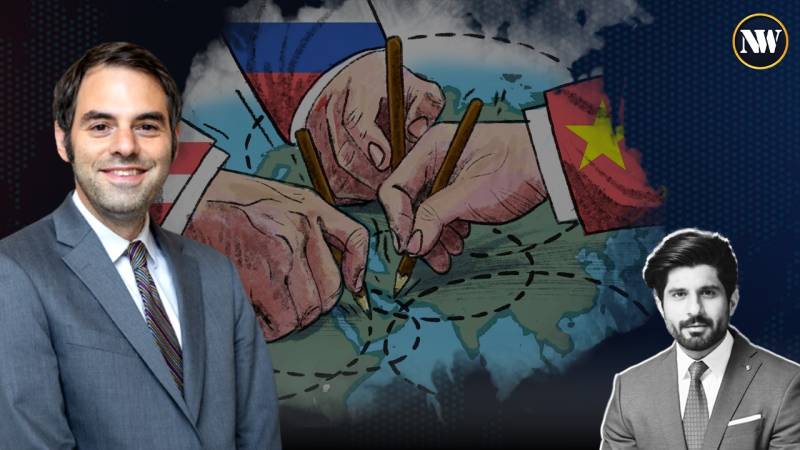Pakistan's foreign relations with the United States have been complex and multifaceted over the years. The two countries have had periods of close cooperation, particularly during the Cold War era, when Pakistan served as a strategic ally for the United States. However, there have also been moments of strained ties, such as the aftermath of the 9/11 attacks when the U.S. pressured Pakistan to take stronger action against terrorism. Additionally, issues surrounding nuclear proliferation and regional stability, particularly in relation to neighboring Afghanistan, have influenced the dynamics of the relationship. Despite challenges, both countries have always continued to engage in diplomatic dialogue and cooperate on various fronts, including counterterrorism efforts and economic cooperation.
Yet, earlier this year, leaked official documents revealed Pakistan’s Minister of State for Foreign Affairs Hina Rabbani Khar expressing a growing disinterest in supporting the US in its endeavors.
Her excellency stated: “Pakistan can no longer try to maintain a middle ground between China and the United States" and "should avoid giving the appearance of appeasing the West".
The documents were leaked online through the Discord messaging platform and were published by The Washington Post. Called 'The Discord Leaks', they "provide a glimpse into the private calculations by key emerging powers, including India, Brazil, Pakistan, and Egypt, as they attempt to straddle allegiances in an era when America is no longer the world’s unchallenged superpower," said the Post.
To understand the wider global implications of the leaks, Nauraiz Rana presents compelling questions which, as an expert on South Asian geopolitics and foreign policy, Kugelman answers enthralling questions on the latest discord leaks that reveal Pakistan’s foreign relations conundrum. The nature of the conundrum was centered around an expression of desire for Pakistan to move away from US focused foreign policy and make modifications to its west appeasing reputation.
Michael Kugelman provides comprehensive reasons for why he believes that a drastic move away from the US is currently not a reality for Pakistan, particularly owing to the ties the Pakistani army officials have with their counterparts in the US. Since the Pakistan army has historically received military training in America and a substantial portion of the officials have their families settled in the country, Kugelman argues that the long established ties will not
dissolve so easily despite the understandable rationale in Hina Rabbani Khar’s statements in her memorandum.
Exploring the common role of India, the China-Pak relation is also explored in this interview with an interesting comparison with US-Pak relations. Kugelman explains that sufficient thought must be dedicated in understanding that the discord leaks not only reveal Pakistan’s internal policy workings, but that the US continues to spy on and attempt to hack into the systems of other countries to receive information. Whereas, on the contrary, although China and Pakistan undoubtedly face bumps in their relations, Kugelman explains why he believes that both countries will successfully be able to maintain long-term ties.
The long debated, intrinsically nuanced Russia question is also comprehensively unraveled. The hesitance of the current Pakistan government in condemning Russian activity in light of the increasing economic crises– particularly the rising oil prices and rapidly depreciating currency value, as well as the general interest in friendly ties with Russia of the South Asian strip of Bangladesh, Sri Lanka, India and Pakistan are focal points of the discussion.
Conclusively, both speakers express optimism in the stability that will follow after the resolution of Pakistan’s economic crises– and how investment patterns of China can play a role in achieving this.


